LAHORE: Endodontics workshop at the Institute of Advanced Dental Sciences & Research (IADSR) delivered focused, hands-on endodontic training to participants. The workshop was part of the IADSR 19th Professional Diploma in Advanced General Dentistry (PDAGD). The two-day course, facilitated by Dr. Salman Aziz, emphasized both manual endodontics and rotary techniques, practical diagnostics, and skill consolidation through live procedures.
Workshop overview
The workshop combined demonstration and supervised practice to bridge theory and clinical application. Participants moved through sequential modules that mirrored real-world case flow: diagnostic testing, access cavity preparation, pre-endodontic build-up, working length assessment, manual instrumentation with ProTaper files, and complete rotary endodontic treatment using the ProTaper universal rotary system. The program prioritized patient-safety principles and stepwise skill mastery.
Module highlights
- Manual endodontics and diagnostics: Participants learned and practiced diagnostic tests for endodontic examination, case selection, and interpretation to strengthen clinical decision-making.
- Access cavity preparation: The second module explained the principles and objectives of access cavity design, stepwise preparation, and practical tips to preserve tooth structure while achieving straight-line access. Hands-on exercises included constructing pre-endodontic build-ups and restoring proximal ridges before access opening.
- Burs, working length and obturation basics: The group reviewed common endodontic burs and their selection, measured and confirmed working length, and practiced initial canal filling techniques.
- Rotary endodontics with ProTaper: Dr. Salman Aziz demonstrated rotary protocols and participants performed full endodontic therapy using the ProTaper universal rotary system under supervision. Troubleshooting for common intra-procedural complications was provided in real time.
Clinical skills and learning methods
The workshop adopted a deliberate-practice model: short expert demonstrations followed by repeated hands-on practice with immediate faculty feedback. Emphasis was placed on instrument selection (including appropriate burs), accurate working length determination, irrigation protocols, and safe ProTaper handling to minimize file separation risk. Cases were discussed with an eye on diagnosis, treatment planning, and restoration after endodontic therapy.
Learning outcomes and evidence of competence
Participants completed the course having practiced the full sequence of endodontic therapy from diagnosis to obturation using both manual and rotary systems. The workshop reported achievement of defined learning outcomes: improved diagnostic accuracy, competence in access cavity preparation, familiarity with endodontic burs and instruments, and confidence in using ProTaper files under supervision. The hands-on format reinforced clinical judgement and procedural safety, aligning training with continuing professional development objectives.
Who will benefit and practical takeaways
General dentists, recently graduated clinicians, and PDAGD candidates seeking to strengthen endodontic competencies benefited most. Practical takeaways included checklists for access preparation, recommended bur selection, stepwise ProTaper rotary protocol, and troubleshooting tips for common complications—tools that can be implemented immediately in routine practice.
Quality assurance
The workshop formed part of an accredited PDAGD pathway at the Institute of Advanced Dental Sciences and Research (IADSR), enhancing its credibility within post-graduate dental education. Facilitation by Dr. Salman Aziz and the program’s emphasis on supervised, competency-based practice reflect expertise and trustworthiness. The course design prioritized evidence-based techniques and device-safe use practices, and participants were encouraged to follow manufacturer guidance and local regulatory standards when adopting rotary systems.
Conclusion
The endodontics workshop at IADSR provided a comprehensive, practice-oriented learning experience that combined manual skills and rotary technology training. By focusing on stepwise procedures, realistic hands-on practice, and immediate expert feedback, the program strengthened clinician capability and readiness to deliver safer, more predictable endodontic care.
LAHORE: Keeping in view the importance of pediatric dentistry, a two-day workshop on the topic was recently conducted at the Institute of Advanced Dental ...
Live webinar
Tue. 24 February 2026
11:00 pm PKT (Islamabad)
Prof. Dr. Markus B. Hürzeler
Live webinar
Wed. 25 February 2026
1:00 am PKT (Islamabad)
Prof. Dr. Marcel A. Wainwright DDS, PhD
Live webinar
Wed. 25 February 2026
9:00 pm PKT (Islamabad)
Prof. Dr. Daniel Edelhoff
Live webinar
Wed. 25 February 2026
11:00 pm PKT (Islamabad)
Live webinar
Thu. 26 February 2026
6:00 am PKT (Islamabad)
Live webinar
Tue. 3 March 2026
9:00 pm PKT (Islamabad)
Dr. Omar Lugo Cirujano Maxilofacial
Live webinar
Wed. 4 March 2026
6:00 am PKT (Islamabad)
Dr. Vasiliki Maseli DDS, MS, EdM



 Austria / Österreich
Austria / Österreich
 Bosnia and Herzegovina / Босна и Херцеговина
Bosnia and Herzegovina / Босна и Херцеговина
 Bulgaria / България
Bulgaria / България
 Croatia / Hrvatska
Croatia / Hrvatska
 Czech Republic & Slovakia / Česká republika & Slovensko
Czech Republic & Slovakia / Česká republika & Slovensko
 France / France
France / France
 Germany / Deutschland
Germany / Deutschland
 Greece / ΕΛΛΑΔΑ
Greece / ΕΛΛΑΔΑ
 Hungary / Hungary
Hungary / Hungary
 Italy / Italia
Italy / Italia
 Netherlands / Nederland
Netherlands / Nederland
 Nordic / Nordic
Nordic / Nordic
 Poland / Polska
Poland / Polska
 Portugal / Portugal
Portugal / Portugal
 Romania & Moldova / România & Moldova
Romania & Moldova / România & Moldova
 Slovenia / Slovenija
Slovenia / Slovenija
 Serbia & Montenegro / Србија и Црна Гора
Serbia & Montenegro / Србија и Црна Гора
 Spain / España
Spain / España
 Switzerland / Schweiz
Switzerland / Schweiz
 Turkey / Türkiye
Turkey / Türkiye
 UK & Ireland / UK & Ireland
UK & Ireland / UK & Ireland
 International / International
International / International
 Brazil / Brasil
Brazil / Brasil
 Canada / Canada
Canada / Canada
 Latin America / Latinoamérica
Latin America / Latinoamérica
 USA / USA
USA / USA
 China / 中国
China / 中国
 India / भारत गणराज्य
India / भारत गणराज्य
 Vietnam / Việt Nam
Vietnam / Việt Nam
 ASEAN / ASEAN
ASEAN / ASEAN
 Israel / מְדִינַת יִשְׂרָאֵל
Israel / מְדִינַת יִשְׂרָאֵל
 Algeria, Morocco & Tunisia / الجزائر والمغرب وتونس
Algeria, Morocco & Tunisia / الجزائر والمغرب وتونس
 Middle East / Middle East
Middle East / Middle East
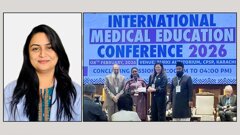
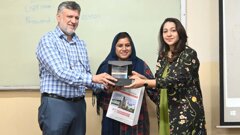
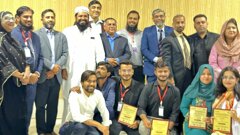
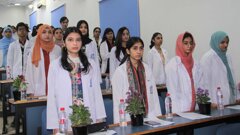























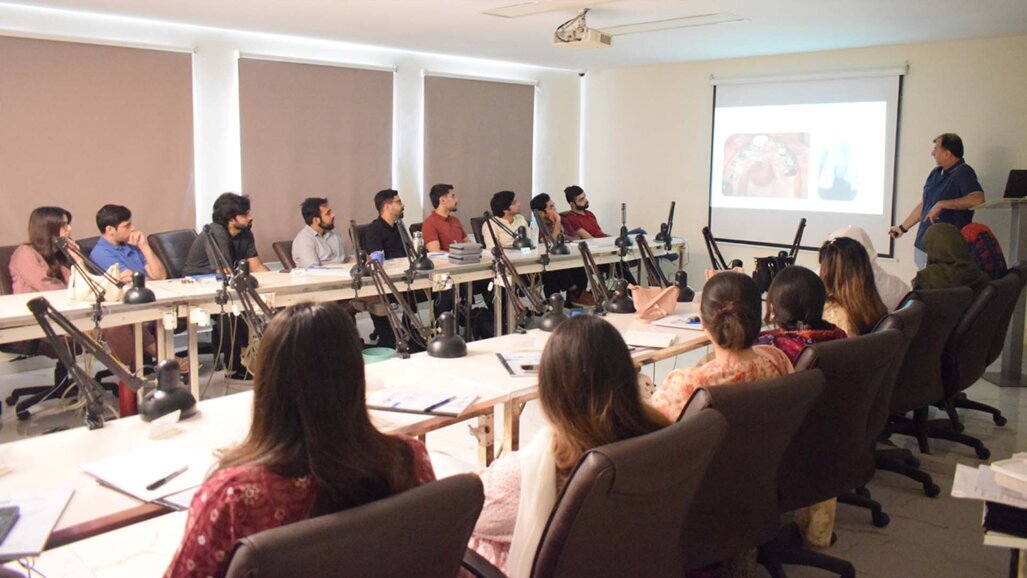



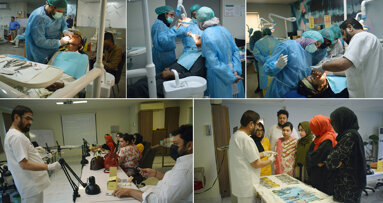
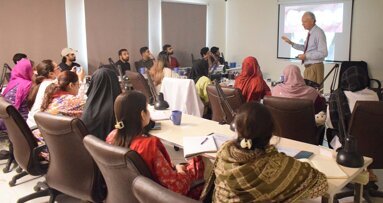

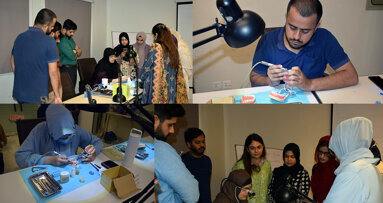
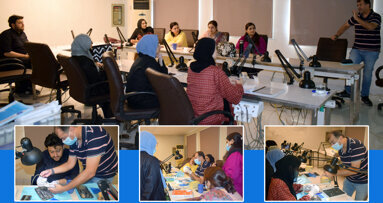
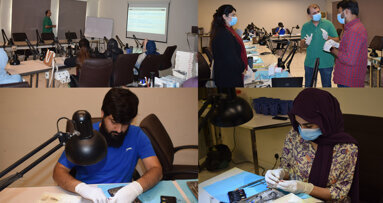
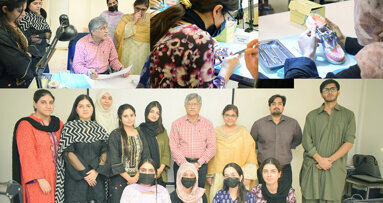
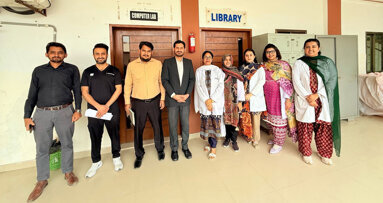
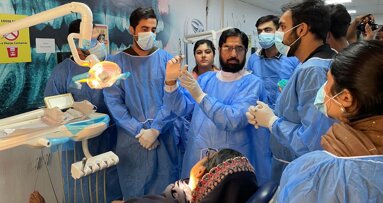
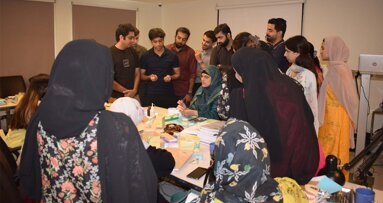
















To post a reply please login or register